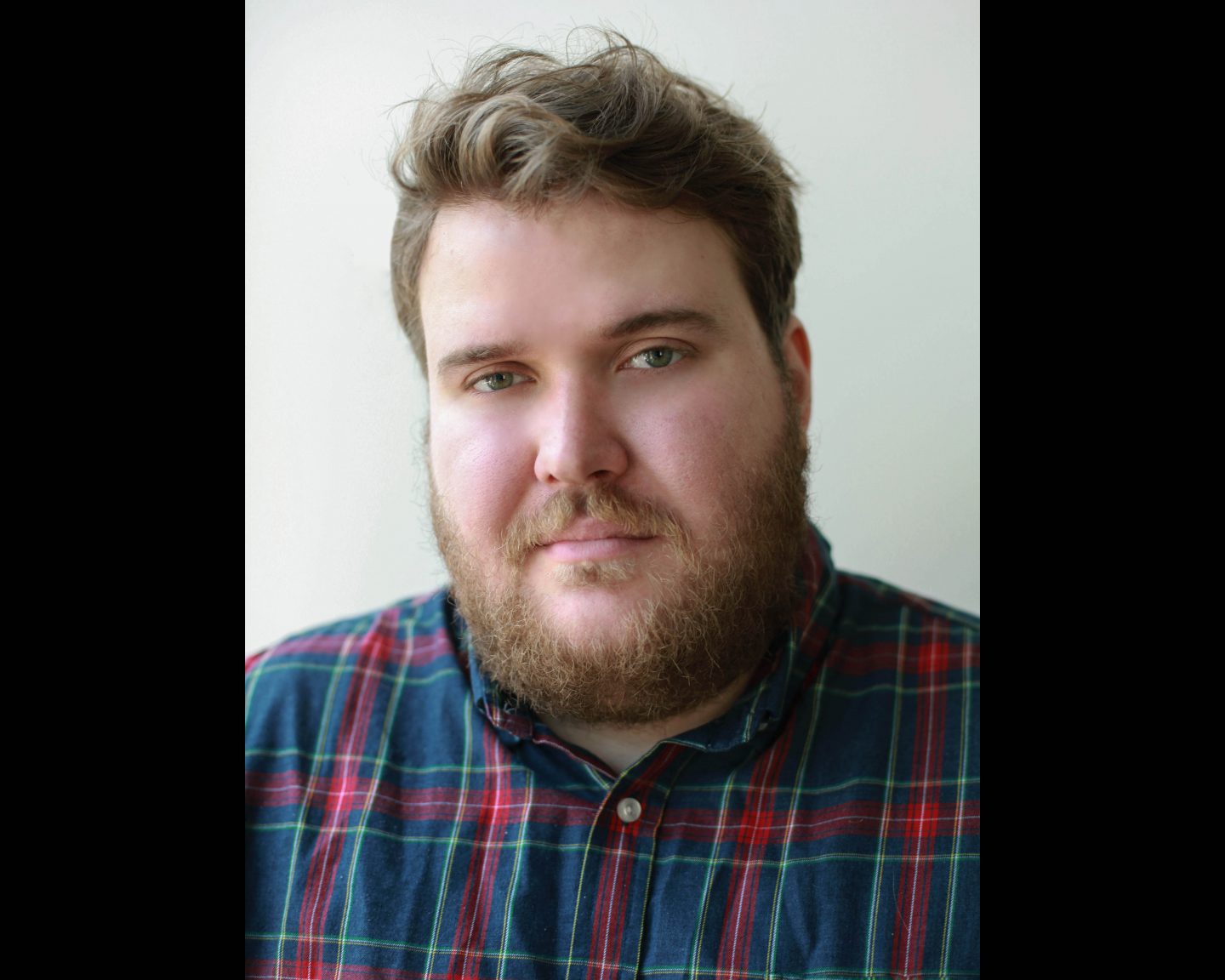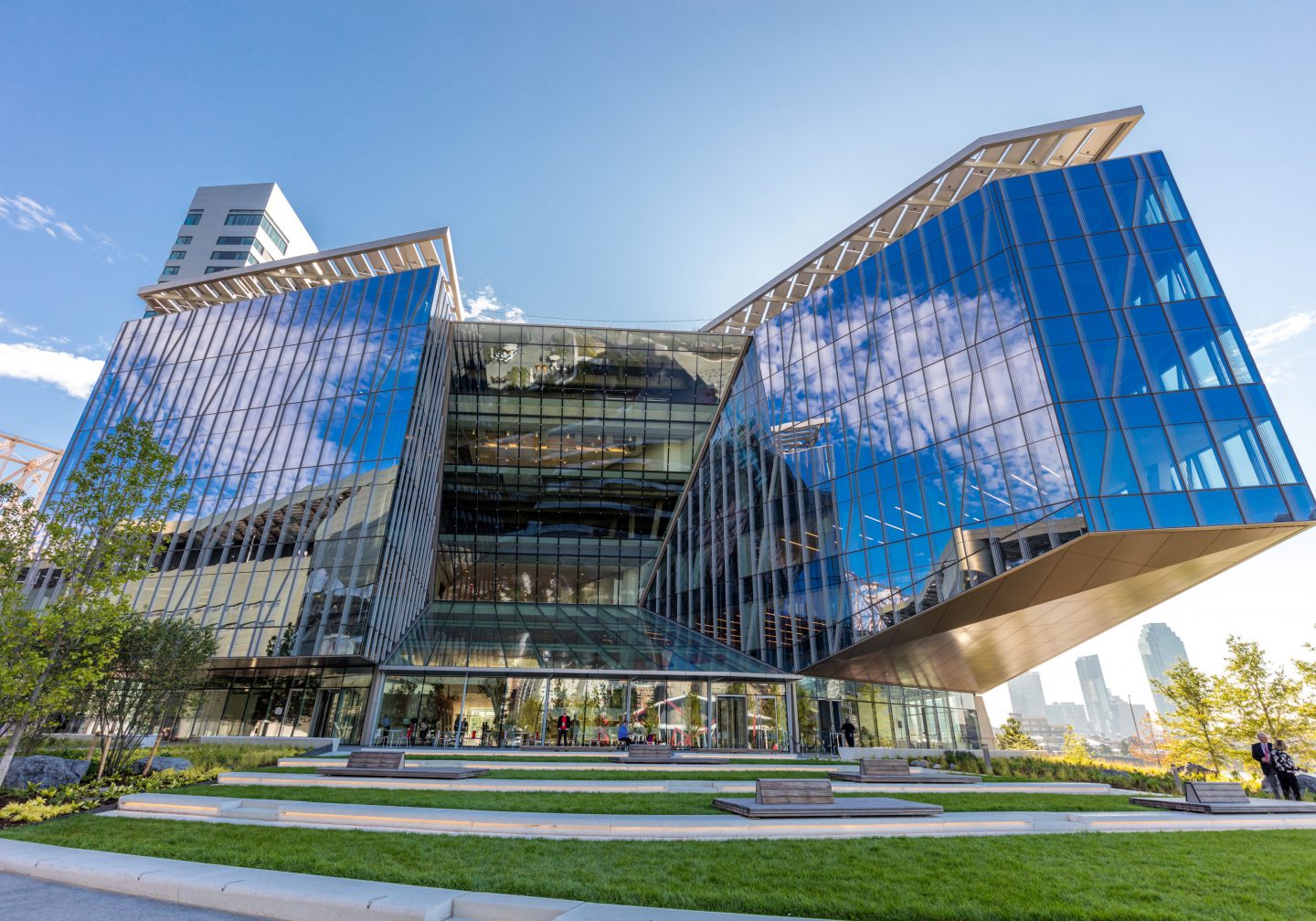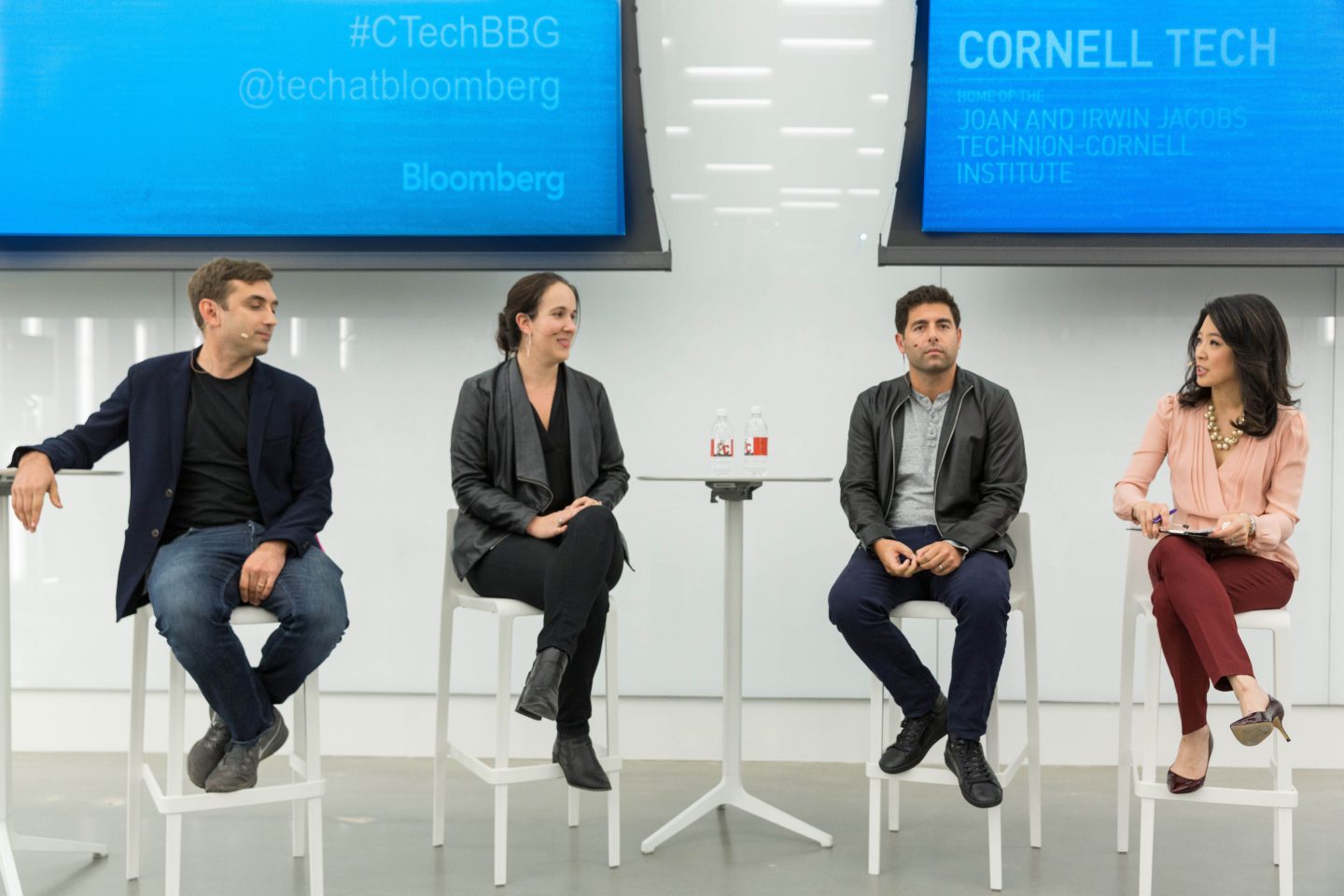January 2, 2018
Author: barreladmin
December 20, 2017
Celebrating Real-World Product Development at Open Studio
December 20, 2017
2017: Cornell Tech Year in Review
December 18, 2017
Alumni Startups Network with Seed Stage Investors
December 4, 2017
WATCH: Tata Innovation Center
December 4, 2017
TCS & Cornell Tech Inaugurate the Tata Innovation Center
November 30, 2017







